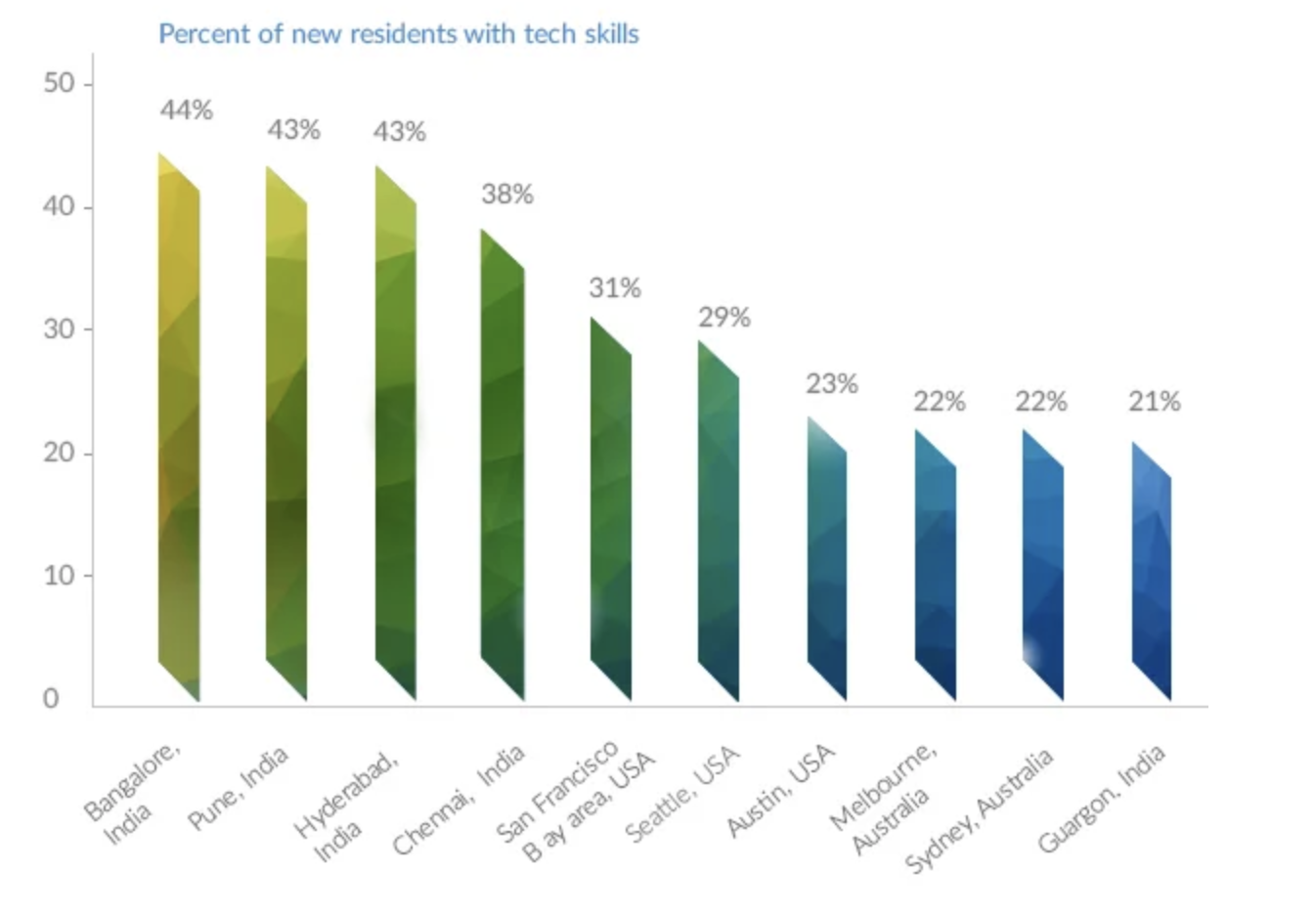The coronavirus has a huge impact on our society, but in addition to all the difficult, negative elements that this crisis situation brings with it, a creative and adaptive side in us is also emerging. We now meet via Zoom or Google Hangout and for short questions we start a chat in Slack or Teams. Working remotely is actually perfectly fine. At least, if you have the right digital infrastructure, your IT department can handle it and you know how to do it efficiently, working remotely.
Photo: Mike Kononov
And suddenly we were working at home in droves. Despite the fact that, over the past five years, the number of home workers has increased from 34 to 37 percent, only 3 million Dutch people were not stuck in an office before the corona crisis. In recent weeks, many companies have therefore had to make a considerable change and have already run into corresponding problems. Poor connections, insufficient server capacity and employees struggling with insufficient bandwidth - these are just a few small examples. But our biggest problem is the gigantic shortage of well-trained IT staff in the Netherlands. During this sudden upscaling, the high work pressure on understaffed IT departments becomes painfully clear.
But it is not all doom and gloom. On the contrary, the transformation of management in many companies is a good example of our flexibility and adaptability. From one day to the next, teams are managed remotely. Something we recently dismissed as inconvenient. With the right apps and software, managers can communicate with their teams, and many employees find video-conferencing more efficient. The question that now arises is how we can use these newly discovered possibilities after this crisis to solve the corresponding technical problems.
India attracts more IT workers than Silicon Valley
Having experienced that managing your own IT staff via a solid video link delivers the same results, your IT team might as well be abroad. Where? According to research from Price Waterhouse Coopers, there's only one place to consider: India. Not only is India the largest IT hub in the world, cities like Bangalore and Pune have attracted more tech talent than Sillicon Valley in recent years. The country has the largest talent pool of highly educated IT professionals in the world, who are also fluent in English and on average about 50% cheaper than a Dutch IT employee.
Our telecom giant KPN decided to move to India for this very reason nine years ago - they could not fill the IT vacancies in the Netherlands - and Genexis, the European market leader in fibre-optic products, also found a team of talented software employees in India at a much lower price than in Europe. After a crisis of this magnitude, investments in IT are often the first to be cut, but this crisis proves that a good digital infrastructure can keep companies afloat. In addition, this disruptive virus outbreak teaches us that the West is not always spared. Spreading our risks by not concentrating our activities in one place or one country therefore seems a wise choice. In that respect, India can also be an interesting location for your company.
Right now, every entrepreneur has to work hard to keep their business running, but for some there is also time to look ahead. Have you started thinking about how you can overcome the problems you are currently facing in the future? We are happy to think along with you. At IndiaConnected , we can take a lot of work out of your hands by building an IT department in India for you, recruiting experienced staff and taking care of the entire back-office (personnel administration, payrolling, contracts) for you, so that you can focus completely on the core business of your company.


